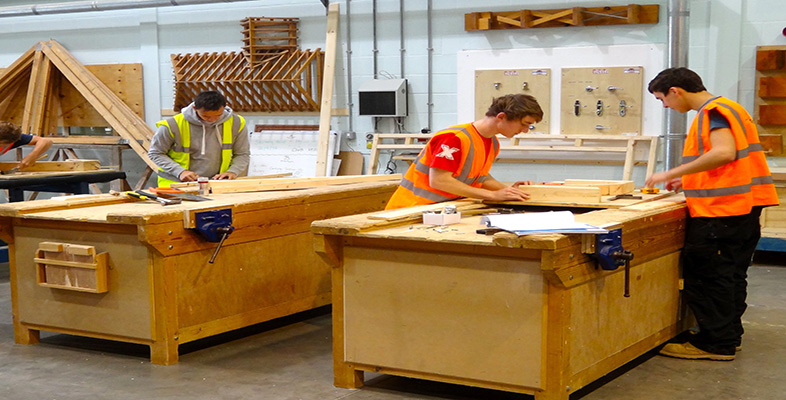1.3 Roles and activities for building relationships
Two characteristics that differentiate a professional relationship with young people from a personal one are the roles you play and the activities you use to promote young people’s learning and development.
There are seven key characters that practitioners take on, or act out, in their work with young people. These roles, and their underlying purpose, are summarised in Table 1.
| Role | Purpose |
|---|---|
| Ally | To provide support and approval; show commitment through thick and thin; encourage a ‘can-do’ attitude and bolster self-esteem |
| Emotional worker | To model and promote emotional literacy; the ability to recognise and handle feelings in oneself and in others |
| Catalyst | To provide the stimulus for change; challenge the assumptions that young people have about themselves and others; open the doors to new experiences |
| Mentor | To provide information, advice and learning opportunities; help young people to develop skills such as decision making; encourage young people to think through why they do what they do and what might enhance their life chances |
| Advocate | To act on behalf of young people when they don’t have confidence, but build their skills and confidence for self-advocacy |
| Facilitator | To help young people achieve tasks; manage group dynamics, recognising when to step in and when to let young people find their own way |
| Supervisor | To create an environment in which young people feel safe, physically and psychologically |
These are not rigid categories from which you must choose just one; rather, they illustrate the range and variety of the roles that you may be called on to play, depending on such factors as:
- the young people you are working with
- any issues that the young people (or you) might be facing
- the stage of the relationship you are forming
- organisational demands for accountability
- organisational context.
It is common for practitioners to feel most comfortable, and to operate most strongly, in particular roles: some may prefer to be a Facilitator, while others want to be an Advocate. With careful planning (and a little luck), an organisation will seek to put together a balanced team so that young people have access to practitioners playing a variety of roles. Even better, each worker learns to be flexible. The role you play will also depend on whether your work involves formal or informal education.
Activity 3 Thinking about the roles you play
You may decide to focus on trying out different roles. To do this effectively you first need to ask yourself about the type of role you play, what influences your choice and the context in which you use your roles in working with young people. Make a note of your responses to the following questions.
Type of role
Are you conscious of the roles you play in your relationships with young people? Make a list of these roles.
Why do you think your role may differ? Is it because you are working with different young people? On the other hand, perhaps it has something to do with the values guiding your work with young people?
Do some roles fit your views on the wider purpose of building relationships with young people? Alternatively, could it have more to do with the kind of person you are (or think you are)?
Influences
What helps or hinders your attempts to act in different roles with different young people in different situations? Having considered your own organisation’s policies in earlier study guides, are there any organisational constraints? Are you conscious that some roles are looked on more favourably by colleagues or your line manager?
Context
Can you think of situations in which you believe a young person would like you to be acting in one role, whereas you think another would be more appropriate? Describe one such situation and reflect on the reasons for this. You could discuss this with the young person and record how their opinion influenced your thinking.
You could also open up a discussion with a young person on the roles you might play, by focusing on roles young people want you to play.
Discussion
This activity is personal to you, so there are no right or wrong answers to these questions. Having considered which role you currently play, you are now in a better position to understand how you might adopt other roles and why.
Working with young people traditionally involves engaging in practical activities – sometimes in pursuit of educational goals, sometimes with a ‘health and fitness’ agenda, sometimes with a ‘community development’ orientation. You may associate such activities more with group work, but they are also useful as a tool and, as a context, for developing relationships. Engaging young people in activities that they find pleasurable means they are more likely to be relaxed and to chat with people around them. In addition, by allowing them to choose activities they want to take part in, you can get to know more about their interests and their talents, as well as provide the sense of safety needed in the early stages of building a relationship. By offering a range of activities, you can support young people in their own personal development – cajoling and confronting them, when you feel that your relationship allows it, to encourage them to extend themselves. Whether you decide to concentrate on your role or a particular activity, you will also need to consider the skills you need to develop and manage the different phases of your relationships.
